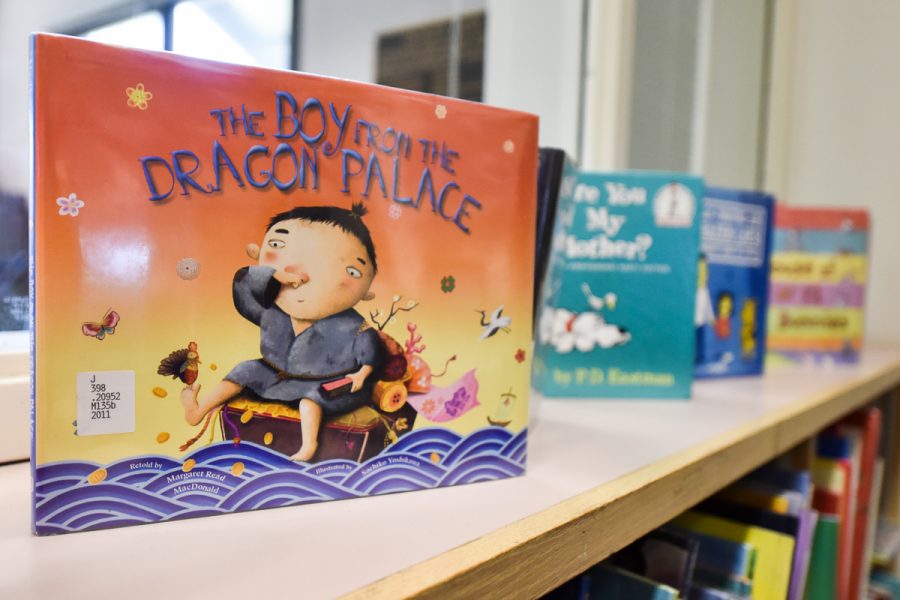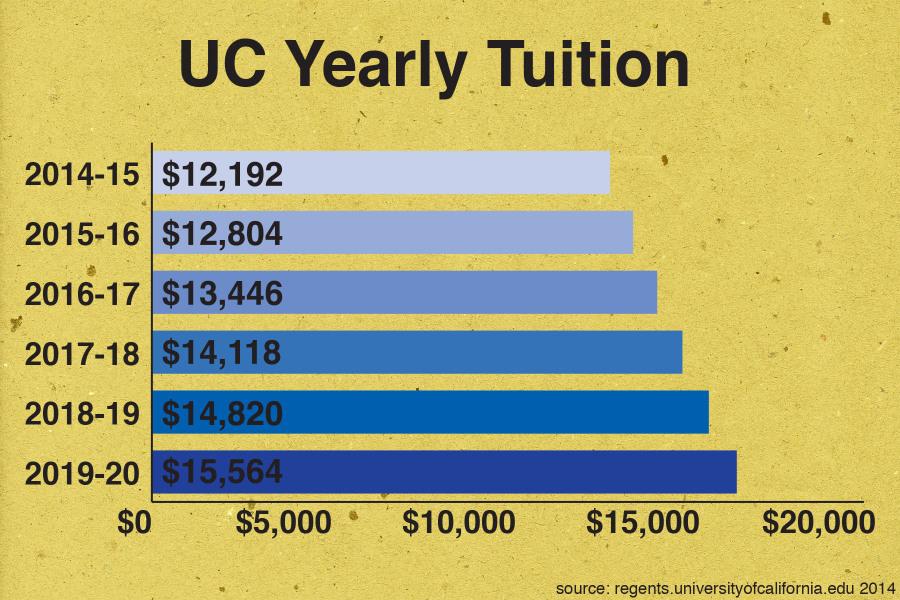As if the bookstore’s long lines and high prices aren’t frustrating enough, students are discovering their “required” textbooks aren’t actually necessary for the class.
And, if the teacher has labeled this textbook as required, students will be denied a refund if they’re still enrolled in the course.
“We’re trying to keep our overhead under control and keep students from making too many unnecessary trips,” said Director of Bookstore Services John Lorelli. “The teacher is the arbiter of everything.”
So the bookstore has notified teachers to ensure books labeled as required are actually essential to their courses.
Communications major Omar Espinoza is well aware of the bookstore’s return policy, having tried to return his Anthropology 121 textbook unsuccessfully.
“I didn’t even use it. It was a self-paced class and I didn’t even make reference to the book,” he said. “But they wouldn’t take it because it was marked required.”
The difference between books labeled optional or required may seem trivial to some, but the costs of non-essential books add up for both the bookstore and students.
“Sometimes the publishers give you less credit, and then you have to pay to ship the books back,” Lorelli said.
Environment Horticulture student Pete Gardner said that many of his textbooks have been expensive, and not always necessary.
“Some of the books are quite expensive, so it’s good to know if you’re going to need them or not,” he said. “If it’s a math book, you need it, but if a book is optional they should say it’s optional.”
Although teachers mislabeling textbooks may be inevitable, plenty of teachers are conscientious of the issues that often arise, and do their best to help students and the bookstore.
“I only order textbooks I intend to use extensively in class, and I rely heavily on those textbooks throughout the semester,” English Professor David Starkey said.
English Professor James Stevens does his part by using his own textbook, which he controls the cost on and emphasizes heavily in his class.
“I don’t think it’s right for me to force a student to buy a book that’s not a main book,” he said. “The cost of an edition, every time they have a new one, goes up by 20 to 30 percent.”
Both Stevens and Lorelli agreed that many of the issues regarding book costs are traced back to publishing companies.
“There are ways of moderating costs, but the publishers have us,” Stevens said.
Also, Lorreli explained that any money the bookstore loses out on takes a toll on many student programs.
“It takes money away from the library reserve, student life, and athletics. The bookstore adds value to the campus,” he said. “Amazon and other Web sites don’t add value to the college.”







